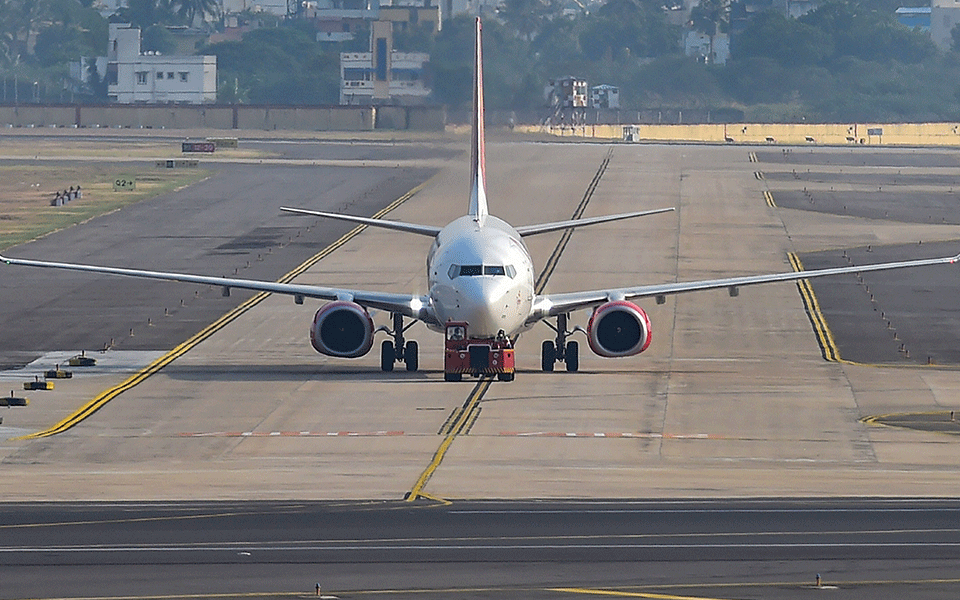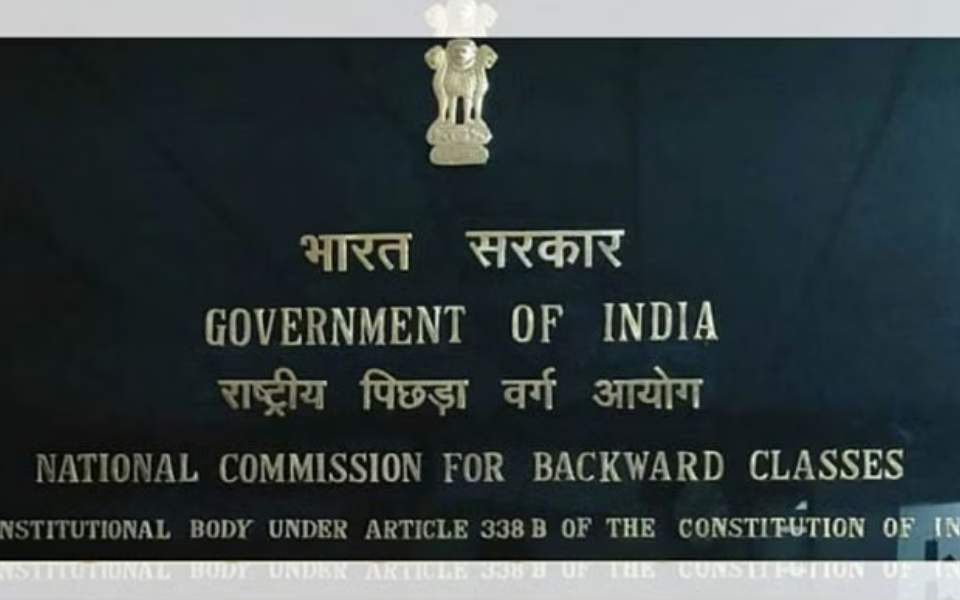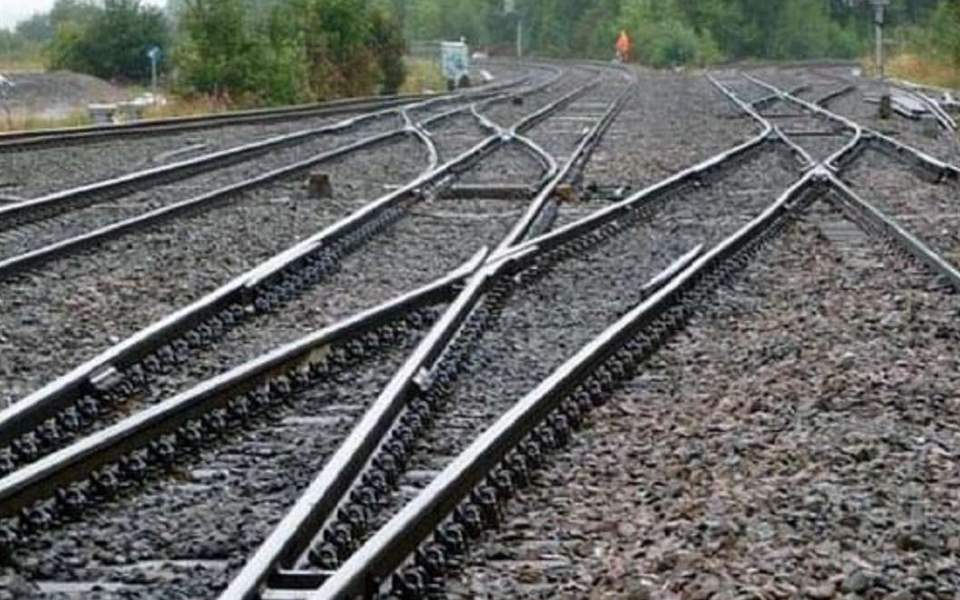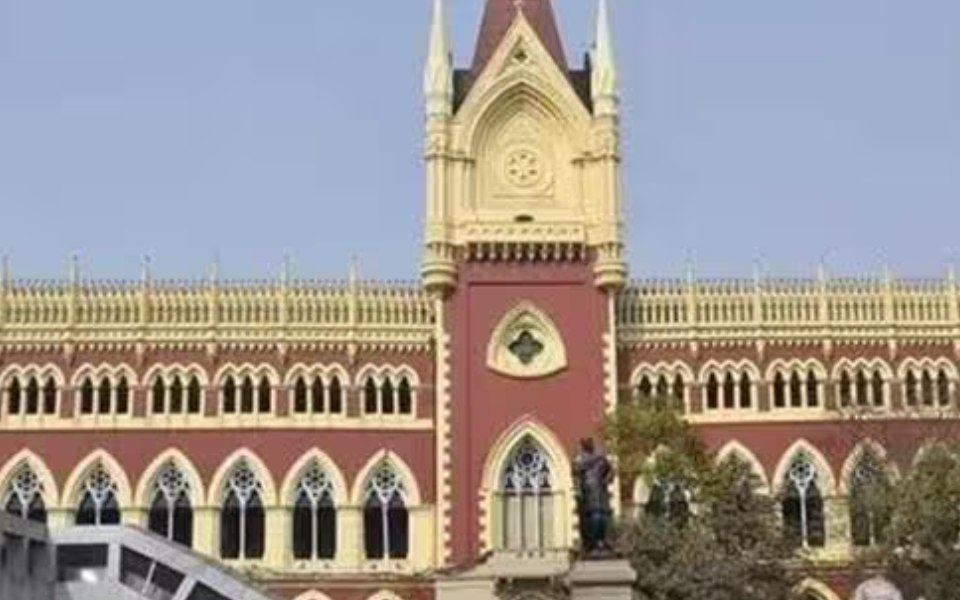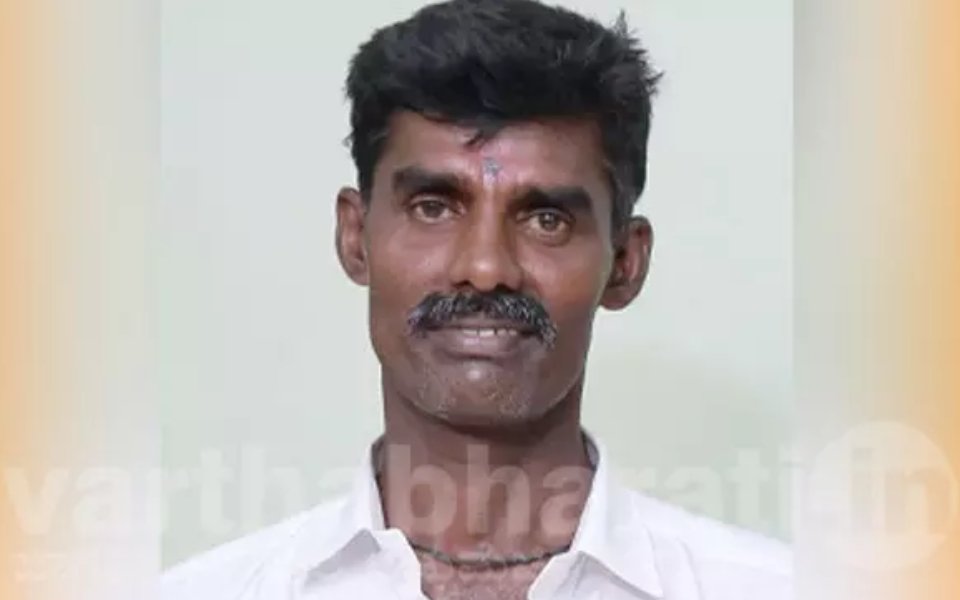New Delhi: India and the UAE have agreed to allow their airlines to carry eligible passengers on both legs of their charter flights between the two countries to be operated from July 12 to July 26, the Ministry of Civil Aviation said on Thursday.
Currently, an Indian carrier operating a repatriation flight from the United Arab Emirates is not allowed to carry any passenger from here to the Gulf country. Similarly, a UAE carrier cannot carry passengers on the first leg of the charter flight -- from the UAE to India.
Many Indian nationals who have valid residence permits of the UAE and are currently in India have been complaining on social media for the last few weeks about the lack of flights between the two countries. India suspended all scheduled international passenger flights on March 23 due to the coronavirus pandemic.
Air India Express CEO K Shyam Sundar said on Twitter: "Happy to announce Air India Express has opened its flights between 12th and 26th July from India to UAE for sale to Indians with UAE Resident Permits."
Sundar's tweet came after the Civil Aviation Ministry announced on the microblogging site, "As part of the close strategic partnership between the governments of India and the UAE, and with a view to assisting UAE resident nationals who are at present in India to return to the UAE, the civil aviation authorities of both countries have agreed to operationalise the following arrangement from 12 July 2020."
Charter flights operated by UAE carriers will now be permitted to bring Indian citizens from the UAE to India and carry 'ICA-approved UAE residents' on their return leg, the ministry said.
ICA stands for the UAE's Federal Authority for Identity and Citizenship. A passenger having a valid residency permit of the UAE needs to take ICA approval before taking any flight to enter that country.
The Civil Aviation Ministry said, "Indian carriers operating repatriation flights to bring Indian citizens from UAE to India will be allowed to carry the ICA-approved UAE residents (returning to UAE from India) on the outward journey from India to UAE."
On India to UAE journey, all these flights will carry only those passengers who are destined for the Gulf country, the Civil Aviation Ministry noted. This arrangement will be initially in place for a period of 15 days -- from July 12 to July 26 -- and will be reviewed after that, it added.
Let the Truth be known. If you read VB and like VB, please be a VB Supporter and Help us deliver the Truth to one and all.
New Delhi, Apr 25: The National Commission for Backward Classes (NCBC) would be summoning the Karnataka chief secretary over the "blanket reservation" given to the Muslim community in the state, chairperson Hansraj Ahir said on Thursday.
The NCBC has criticised the Karnataka government's decision to categorise the entire Muslim community as a backward caste for reservation purposes saying such blanket categorisation undermines the principles of social justice.
"All castes/communities of Muslim religion in Karnataka are considered socially and educationally backward classes of citizens and are categorised as Muslim Caste separately under Category IIB in the State List of Backward Classes," NCBC chairperson Ahir said.
"This classification enables them to receive reservation in educational institution admissions and in appointments to posts and vacancies in the services of the State, as per Articles 15(4) and 16(4) of the Constitution of India," he said.
The NCBC has emphasised that while there are indeed underprivileged and historically marginalised sections within the Muslim community, treating the entire religion as backward overlooks the diversity and complexities within Muslim society.
Ahir said the response received from the state government on the matter has not been satisfactory and he would be summoning the Karnataka chief secretary to give an explanation over the move.
According to the data submitted by the Karnataka Backward Classes Welfare Department, all castes and communities within the Muslim religion have been enlisted as socially and educationally backward classes under Category IIB in the State List of Backward Classes.
The commission, during a field visit last year, examined Karnataka's reservation policy for OBCs in educational institutions and government jobs.
While Karnataka provides 32 per cent reservation to backward classes in local body elections, including Muslims, the NCBC stressed the need for a nuanced approach that accounts for the diversity within these communities.
According to the 2011 Census, Muslims constitute 12.92 per cent of the population in Karnataka.

